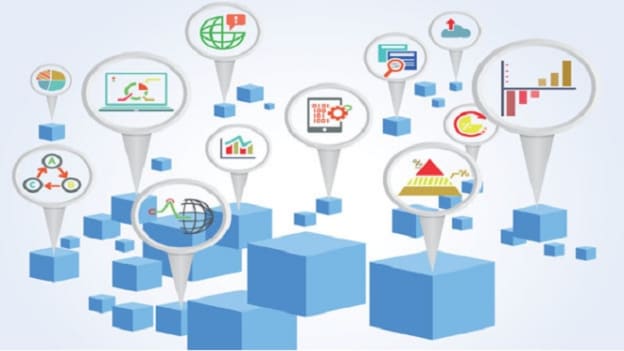How can process automation influence an employee's appraisal?

Appraisals are one of the commonly used methods by employers all over the world to gauge actual employee performance against what is expected of her/him. It helps them to know and understand the performance trajectory of the employee and decide whether the employee requires training or deserves a pay hike.
With technology playing a vital role in changing the fundamentals of businesses, especially over the past few years, the HR industry is also witnessing a clear shift in how HR professionals exploit these cutting-edge technologies to automate numerous tasks. By automating numerous processes, technology significantly reduces time, cost and resources as well as routine paperwork.
Apart from intervening in timely execution, technological innovation is enabling employers to pull out data, compare them with the targets, get insights into employee performance and come up with solutions. Another key benefit of technology is that it eliminates biases that are often accompanied by human assessment.
Bridging the gaps in employee management
The issue with employee motivation and productivity is that most employees are not engaged with their work due to a lack of clearly defined goals and thus, are not able to correlate between the company objectives and their goals. Gallup recently revealed that for the first time in more than a decade, the percentage of engaged workers in the United States declined in 2021.
A human resource management system (HRMS) can simplify the job of creating and disseminating shared goals within organizations. On top of that, automating performance management allows employees to easily capture and revisit their goals and feedback in one place. This enhances the collaboration between managers, team leads and other team members.
A big issue with traditional appraisal systems is that it doesn’t deliver consistent actionable feedback or at a time when it’s truly desired. To achieve the same, transparent communication is essential. By using tech-based HR applications, employers can communicate their goals with the employees and set clear expectations for them. This helps employees learn how their performance goals fit into the organisation’s objectives. There are also HR tools that ensure employee reviews are completed on time and help foster worker engagement.
Employee training has evolved over the past 3 years, just like the rest of the workplace. New employees are being hired without the need to step into the office. Digital training solutions are allowing employers to leverage technology in creating personalised training based on employee needs. Personalized training places employees on tailor-made learning pathways based on individual needs which results in a beneficial learning experience.
Setting performance goals, timely and developmental feedback builds the foundation of a comprehensive appraisal system and enables the employees to achieve the best results. With AI-driven technologies and collaborative tools, companies are able to foster regular discussions amongst managers and employees about their objectives, progress and future goals.
Mismanaged Payroll affects employee experience
Poorly managed payroll within an organisation can have severe ill effects. It results in financial stress for the employees as a lot of them live hand-to-mouth. Bills, insurance, daily expenses all add up to the financial stress and a poorly managed payroll system can adversely affect employee experience that in turn, can lead to increased attrition.
Organizing loads of data is a tough task; maintaining payroll, thousands of employee records, and several other private and sensitive information can be challenging. A technology-assisted payroll management system helps in saving crucial time by churning through large volumes of employee data at a constant speed. Also, the errors committed by humans are slowly being eliminated by spreading automation. The entire payroll management process can be simplified through automation making it more efficient, flexible, and error-free. This can ensure timely payoffs with the right deductions on time, which can boost employee satisfaction and morale.
Conclusion
Technology can play a big role in terms of automating and innovating employee performance management systems. If done correctly, they can not only make appraisals appealing to employees but lessen the administrative burden on HR managers in conducting effective performance appraisals. Automation makes appraisals efficient, not just a ritual that HR managers and employees detest.















